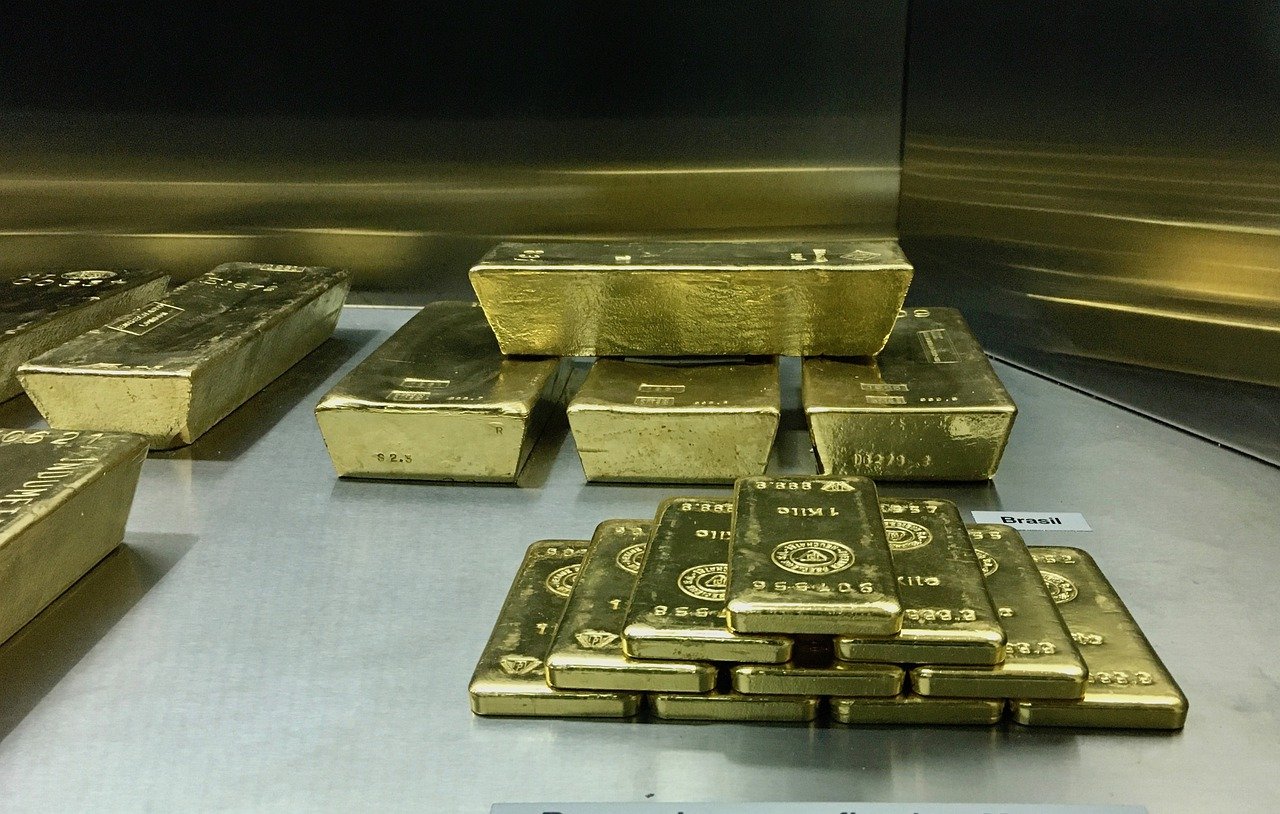Venezuela’s gold reserves closed the first half of 2023 at a total of 60.9 metric tons, as can be calculated from the data in the financial statement notes published by the Central Bank of Venezuela. The figure represents a decline of 7.6 metric tons compared to the close of 2022.
The Central Bank of Venezuela (BCV) reported that in its coffers, monetary gold is valued at $3,649.7 million, using an average price of $1,862.71 per troy ounce as a reference. The amount is 7% lower ($260.5 million) than the previous semester.
The Maduro government has been making intensive use of this reserve asset since 2014, to the extent that since his administration began, there has been a decrease of 320.2 metric tons, meaning that 84% of what was available when he took office in 2013 has been liquidated.
The BCV details that the reserve of monetary gold is composed “of the existence of minted gold and gold bars deposited in its vaults and in first-class internationally recognized financial institutions abroad, according to internationally recognized risk criteria.”
In 2011, the late president Hugo Chávez repatriated a portion of Venezuela’s gold that was held abroad, which has allowed his successor to freely negotiate with this asset, using it as a means of payment, for example, in transactions with Iran, as reported by an official from that country in 2020.
Another portion is, for instance, held in the Bank of England. There is a legal dispute over the use of this portion of the assets. The British authorities have stated that they do not recognize the Maduro government, but it remains to be determined whether its management can be entrusted to the National Assembly elected in 2015.
With the decrease during 2023, the amount of monetary gold in Venezuelan reserves is at its lowest point in the last 70 years, according to historical figures that can be traced in the International Monetary Fund.
The BCV does not detail the reasons for the decrease in holdings of monetary gold, but in the past, the Maduro government has used this reserve asset for swaps (financial transactions it has not been able to carry out since 2019 due to sanctions) and also as a means of payment to allies such as Iran.

